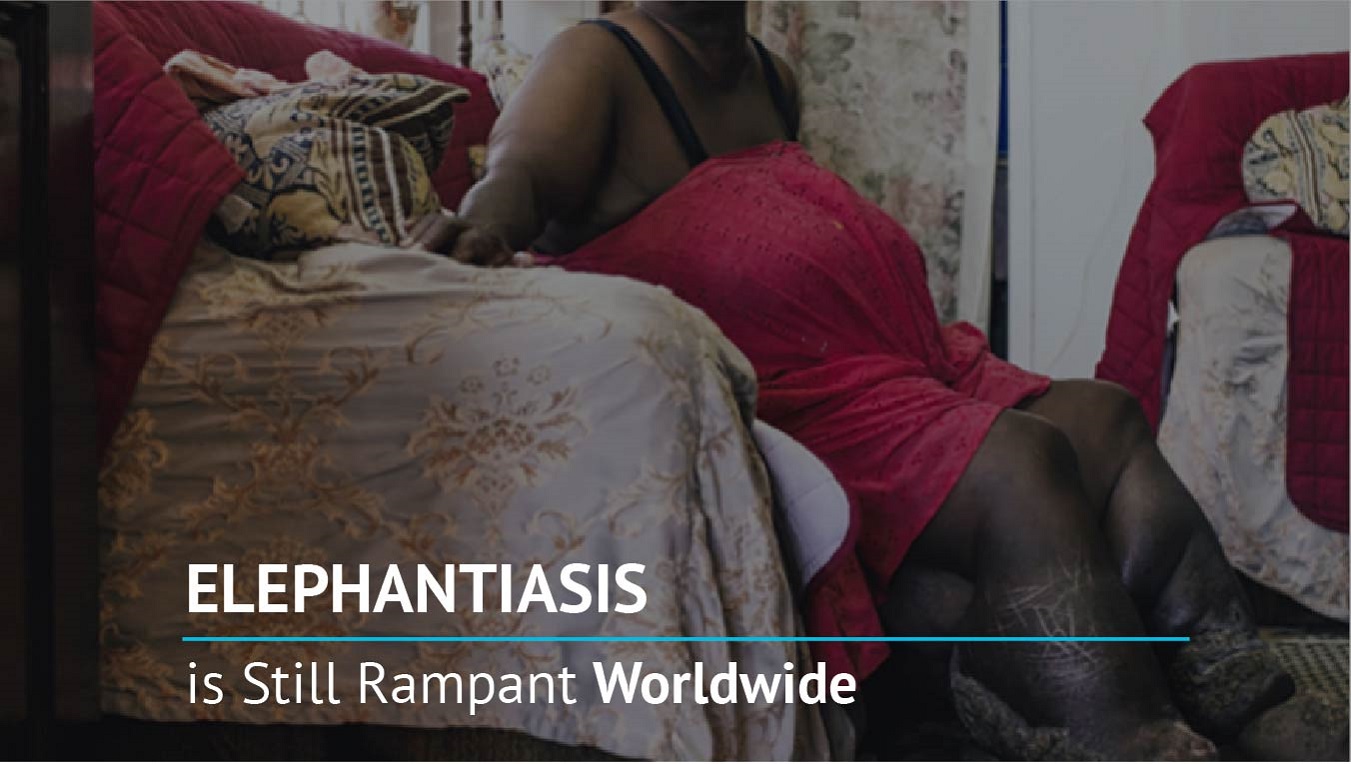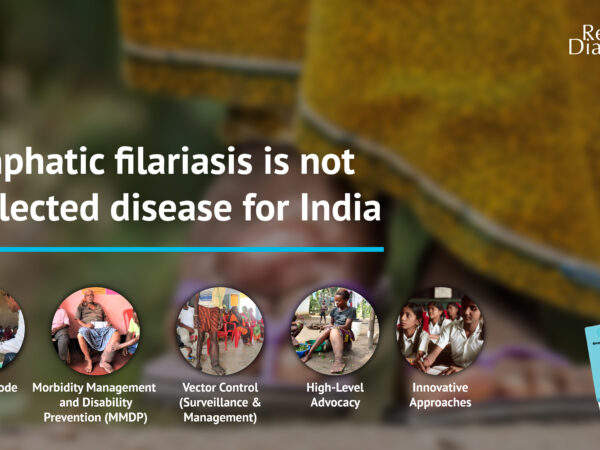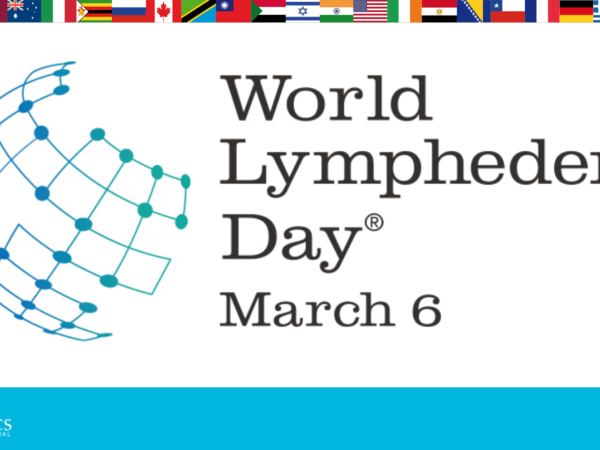
According to Yangon Region Chief Minister, Lymphatic filariasis (LF) or elephantiasis is still widespread in nine South East Asian countries including Myanmar and on the global scale, elephantiasis continues to be prevalent in 49 countries.
Health authorities in Myanmar announced that the number of districts affected with LF decreased from 45 in 2001 to 35 in 2018, but it is still a public health problem. The World Health Organization (WHO) reported that in 2018, 893 million people were threatened by this disease and at least 36 million people remained with the disease manifestations.
A woman in Cape Town, South Africa has been suffering with LF since 2016 and it has prevented her from accomplishing simple activities such as walking, due to the unbearable pain. The disease even caused her leg to swell and weighing up to 150kg. This is just one of the many similar stories from individuals suffering with elephantiasis.
LF is a disease caused by parasitic worms spread through mosquitoes. Although it is non-fatal, it will cause severe swelling of the arms, legs, or genitals. The swelling is due to collection of lymph fluid from lymphatic system. This disease can be treated by antiparasitic drugs such as mectizan and albendazole. However, prevention is the most suitable method for this disease and the best prevention step is to avoid mosquito bites.
For rapid and convenient diagnosis of LF, Reszon Diagnostics has come up with the PanLF Rapid and Brugia Rapid kits. These rapid test kits are able to provide easily interpreted results in 15 to 25 minutes and it does not require any equipment, so it can be used in the field. It also has high specificity and sensitivity in detecting the parasitic worms, which provides confidence to our customers with their results. We at Reszon Diagnostics hope that these kits will contribute in the eradication of LF through rapid and accurate diagnosis.
Please click to learn more about the PanLF Rapid and Brugia Rapid kits.
References:
- (14th January 2019). Elephantiasis remains a public health problem: Yangon Chief Minister. Eleven Media Group. Accessed on 9th January 2020.
- World Health Organization. (6th October 2019). Lymphatic filariasis. WHO. Accessed on 9th January 2020.
- Dayile, Q. (19th December 2019). Cape Town woman suffering with elephantiasis: “I miss all the things I can’t do anymore”. Accessed on 9th January 2020.
- Bandoim, L. (29th September 2017). What is Elephantiasis?. Healthline. Accessed on 9th January 2020.



